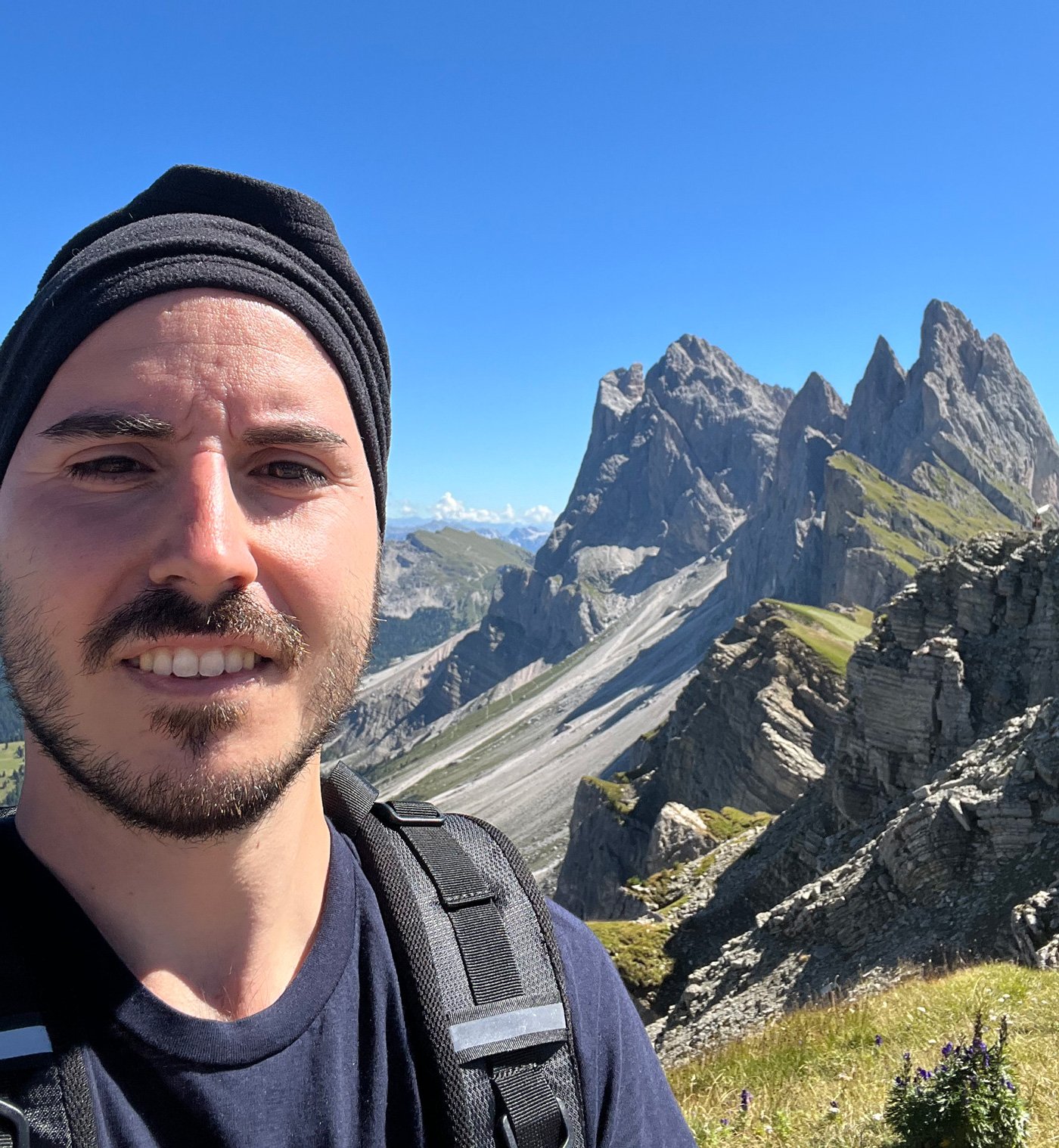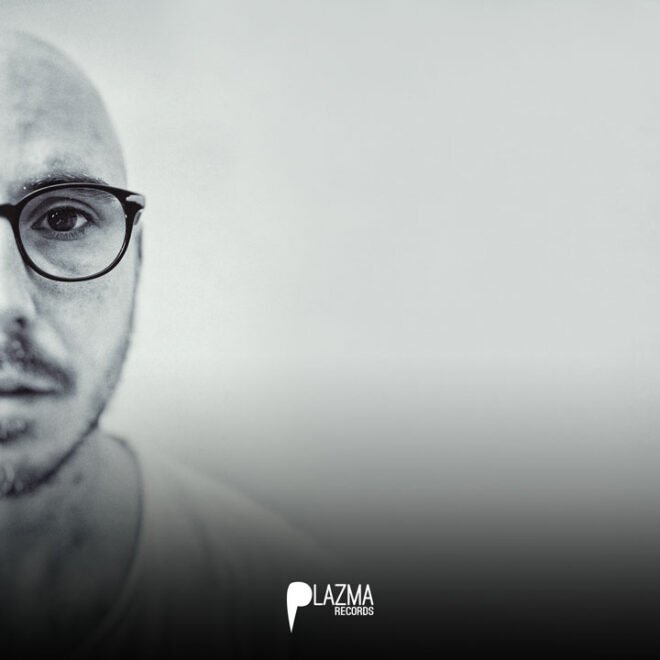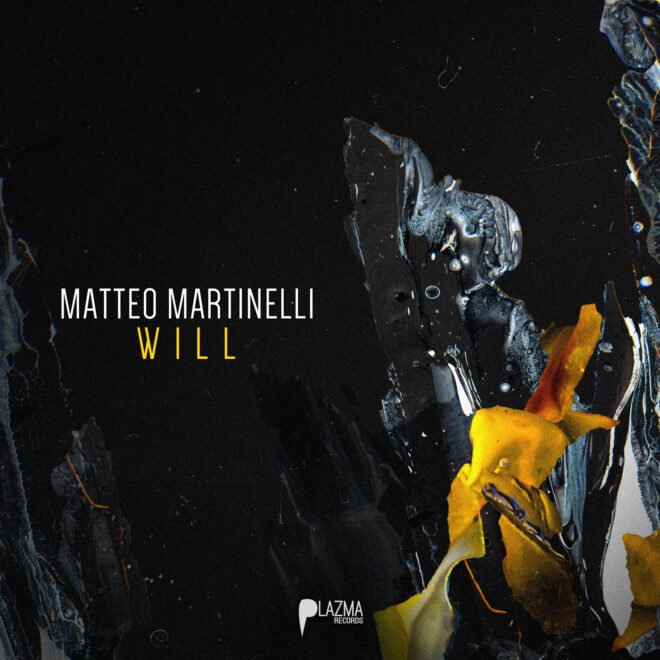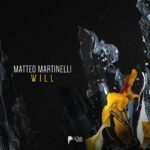From the artistic streets of Florence, Italy, emerges music producer Matteo Martinelli, a versatile creator who embodies authenticity by blending introspection with an insatiable passion for his craft. From his initial exposure to music through pop and rock to his evolution as a producer, focusing on ambient techno and its minimalist tendencies, Matteo’s musical quest mirrors the dynamic nature of life itself.
Making a powerful return after five years, Matteo Martinelli follows up the success of his debut EP “Drones & Dragonflies” at Plazma Records with the highly anticipated launch of his solo project, “Will”, signifying his revitalized and newly refined sound. In our candid interview, Matteo not only unfolds the narrative behind “Will” but also shares the nuances of his artistic process, provides insights into the techno music scene, and offers actionable advice for aspiring music producers.
As “Will” marked the final release of 2023 for Plazma Records, Matteo Martinelli expertly concluded the year on a high note. Now, let’s delve into his story and discover more about the man behind the music.
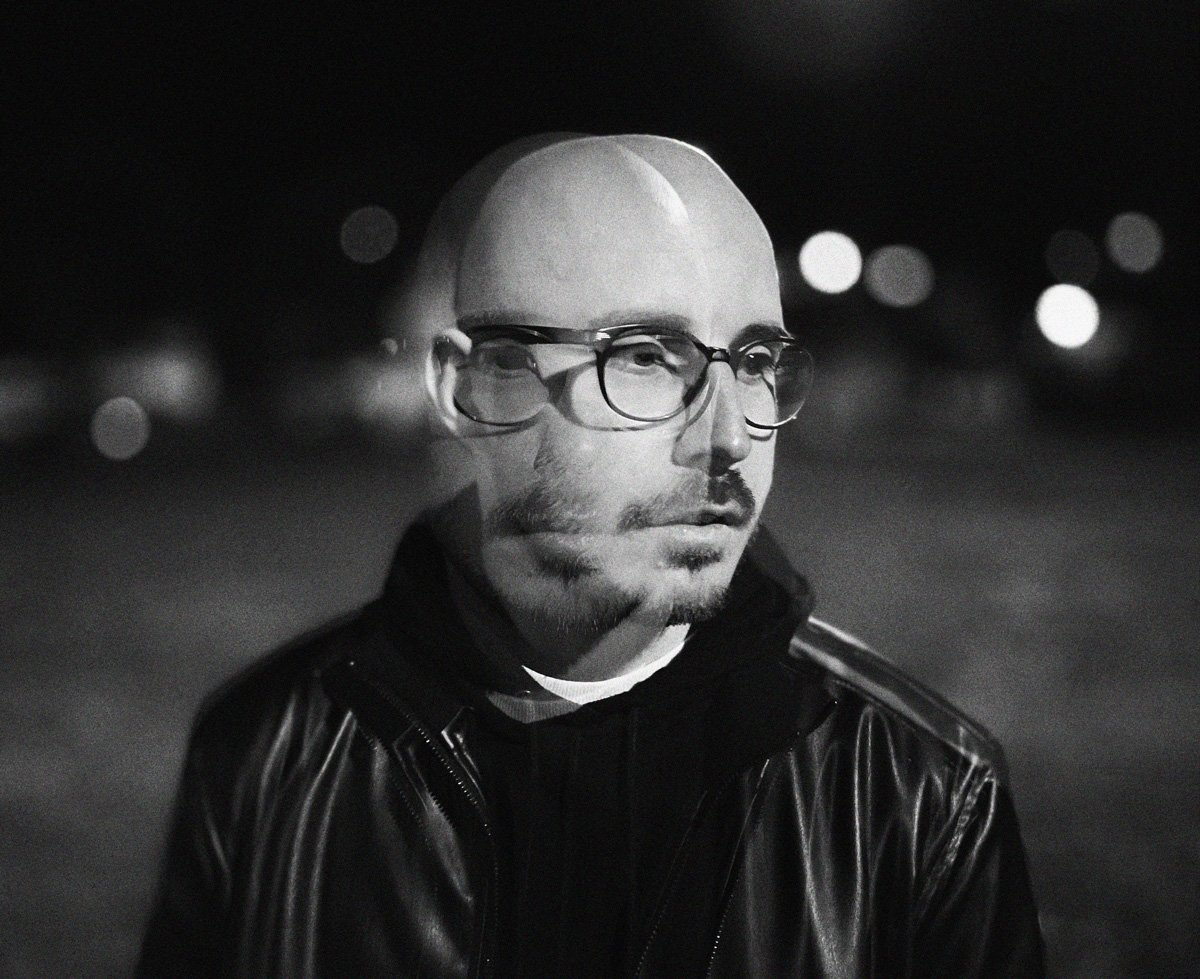
Firstly, what is your full name, age, and where are you from?
My name is Matteo Martinelli, I’m 35 and I’m from Florence (Italy).
Do you exclusively pursue a career in music, or do you have another profession? Additionally, how do you like to relax and spend your leisure time when you’re not occupied with work?
Unfortunately, music is not my exclusive occupation. However, I also find fulfillment in my work for a renowned fashion brand. During my free moments, I balance my time between my family and various interests, including music, reading, leisurely nature walks, watching documentaries on TV, and passionately following my favorite football team.
Your musical journey began with pop and rock music from the early 2000s. How have these genres influenced your approach to electronic music production, and can you pinpoint any specific elements from those genres that have found their way into your signature sound?
My earliest exposure to music was as a child, tuning in to the radio or watching MTV. This initial encounter played a pivotal role in shaping my musical preferences before I developed a profound affinity for electronic music.
While I can’t pinpoint specific elements consciously transferred into my productions, I believe that life experiences contribute to inner growth, which ultimately manifests in various forms of artistic expression. Presently, my musical palette spans across genres, ranging from classical to rap, and I sense that this eclectic listening habit subtly influences my creative process in the studio.
What challenges did you encounter during the initial stages of your music production journey, and how did you navigate through them?
The most apparent challenge was translating the musical ideas in my mind into a sound quality that effectively conveyed my artistic vision—a struggle commonly experienced by many in the field.
My advice remains consistent: create, make mistakes, and persist until you gain mastery. Fortunately, numerous online tutorials can expedite this learning process. Despite the progress, I still find myself unsatisfied, recognizing that there is much more to explore and learn in my musical journey.
For you, success is synonymous with a fulfilling life. How do you strike a balance between your music career and personal life to attain that satisfaction?
Obtaining a straightforward answer isn’t simple. It boils down to maintaining a delicate equilibrium—occasionally allocating more time to the studio and, at other times, prioritizing moments with your family. Ultimately, it’s a matter of being fortunate enough to be inspired at the right moments. 🙂
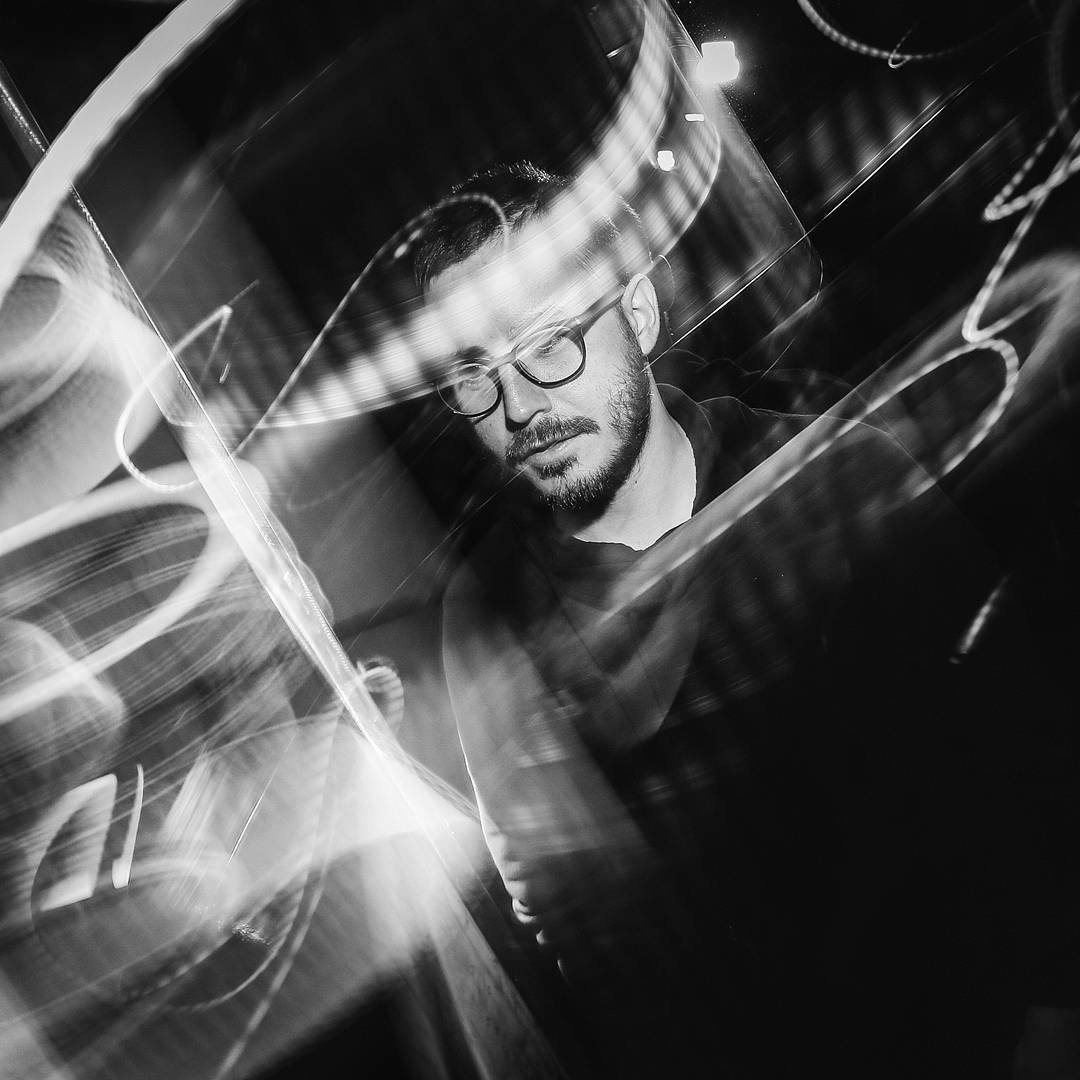
In our earlier conversation, you highlighted a focus on sound engineering and mix-down techniques. How has your growth as a producer evolved in this aspect, and which techniques have proven to be most valuable for you?
In essence, two words: equalization and compression. No magic formula here. The key is mastering the fundamentals and then tailoring these techniques to suit different moments and creative ideas.
You also mentioned stepping back from DJing to focus on music production. Do you believe this decision has enabled a deeper concentration on your production work, possibly enriching your style and creative process? Could you provide more insight into how this shift has influenced your journey in music production?
Honestly, just recently, I’ve been contemplating the idea that seeking out less-known tracks for DJing and listening to a variety of music could potentially benefit my career as a producer.
However, the decision ultimately boils down to prioritizing self-expression, and I believe I can convey my artistic vision more effectively through productions. It’s merely a matter of time and setting priorities.
Do you have any intentions of returning to DJing in the future, maybe in a different capacity?
It’s not in my current plans, but if life has taught me anything, it’s that not everything can be meticulously planned. Sometimes, things simply happen.
Your music has undergone a significant transformation from your debut EP “Drones & Dragonflies” to your upcoming release “Will” at Plazma. Can you tell us about the evolution of your sound and what inspired this change?
It’s a culmination of time, influences, and circumstances. I’ve undergone personal growth over the past few years, and I believe this transformation is reflected in the music I create (at least, I hope so!)
What’s the story behind your latest album ‘Will’? Does it convey a narrative or a specific theme, or is it primarily intended as music to energize and move the audience?
The album tells the story of a person who, after approximately three years of inactivity, isolates themselves in the studio with a strong desire to create music, allowing things to unfold organically. The resulting tracks share no common thread other than being a reflection of myself.
Could you offer some insights into the creative process that drove the making of the EP ‘Will’? How did you go about bringing your vision to life in this release?
The creative process remains consistent—an uncomplicated rhythmic foundation to guide me and extensive improvisation until the fitting sounds naturally converge.
It aligns with my life philosophy—things find their rightful place at the right moment and shouldn’t be forced.
How would you describe your creative process when you’re in the studio? What are your go-to tools and instruments?
To be honest, despite investing in various hardware like sequencers and synths, I’ve found myself increasingly creating music in the box. While I can’t part with my plugins, I’m striving to streamline the process by utilizing the integrated tools in Ableton Live, aiming for a quicker development of ideas.
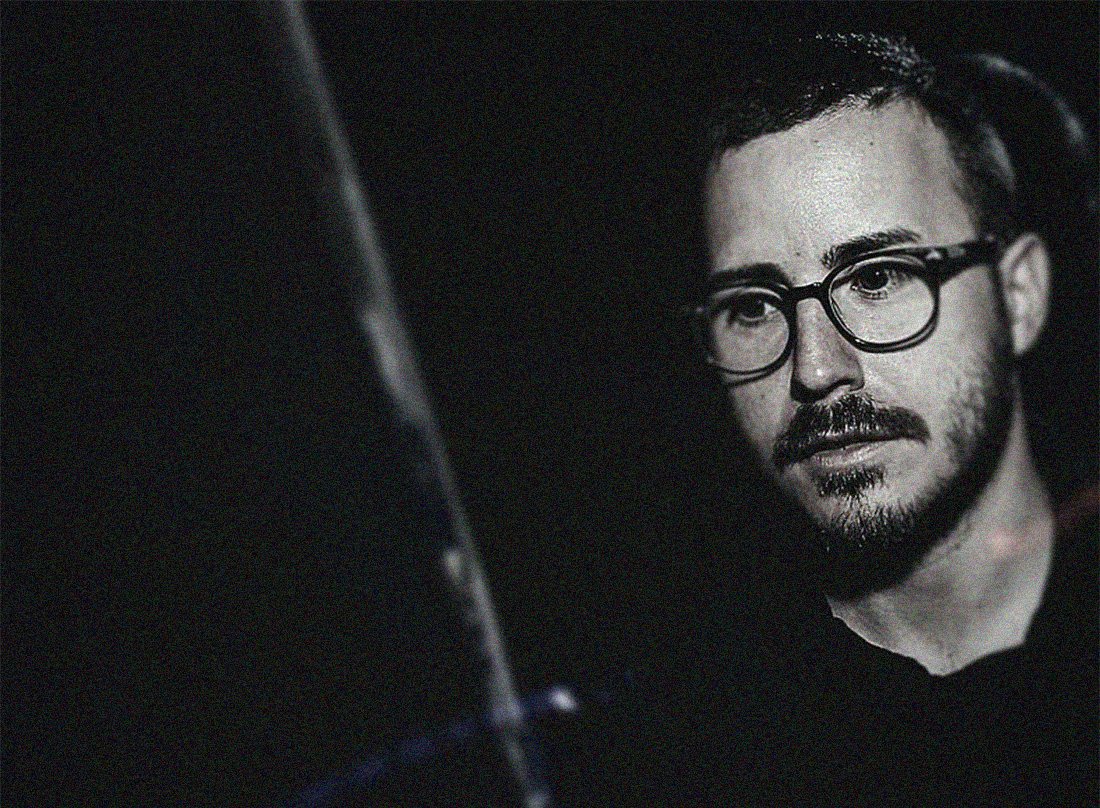
In your view, should techno incorporate storytelling and narratives, or do you find it equally potent without them? How do you navigate the balance between storytelling and the pure sonic experience in your music?
I don’t have a specific preference, I believe both approaches have their place. My choice depends on the ideas I’m working with on any given day.
If your music could talk, what do you think it would say about you as an artist?
It might suggest that I’m a multifaceted individual with numerous nuances, yet I tend to form attachments to certain patterns. If I discover a comfort zone, breaking away from it becomes challenging, even if it might be beneficial to do so more frequently.
If your music were a visual art piece, what would it look like, and what emotions would it evoke?
It’s a challenging question. I’m not certain how to answer, but being a proud Italian, I draw inspiration from both classical and modern art. If I had to suggest a couple of names, not entirely conventional, it would be Alberto Burri and Lucio Fontana. As for the emotions, I’ll leave that to the interpretation of the audience.
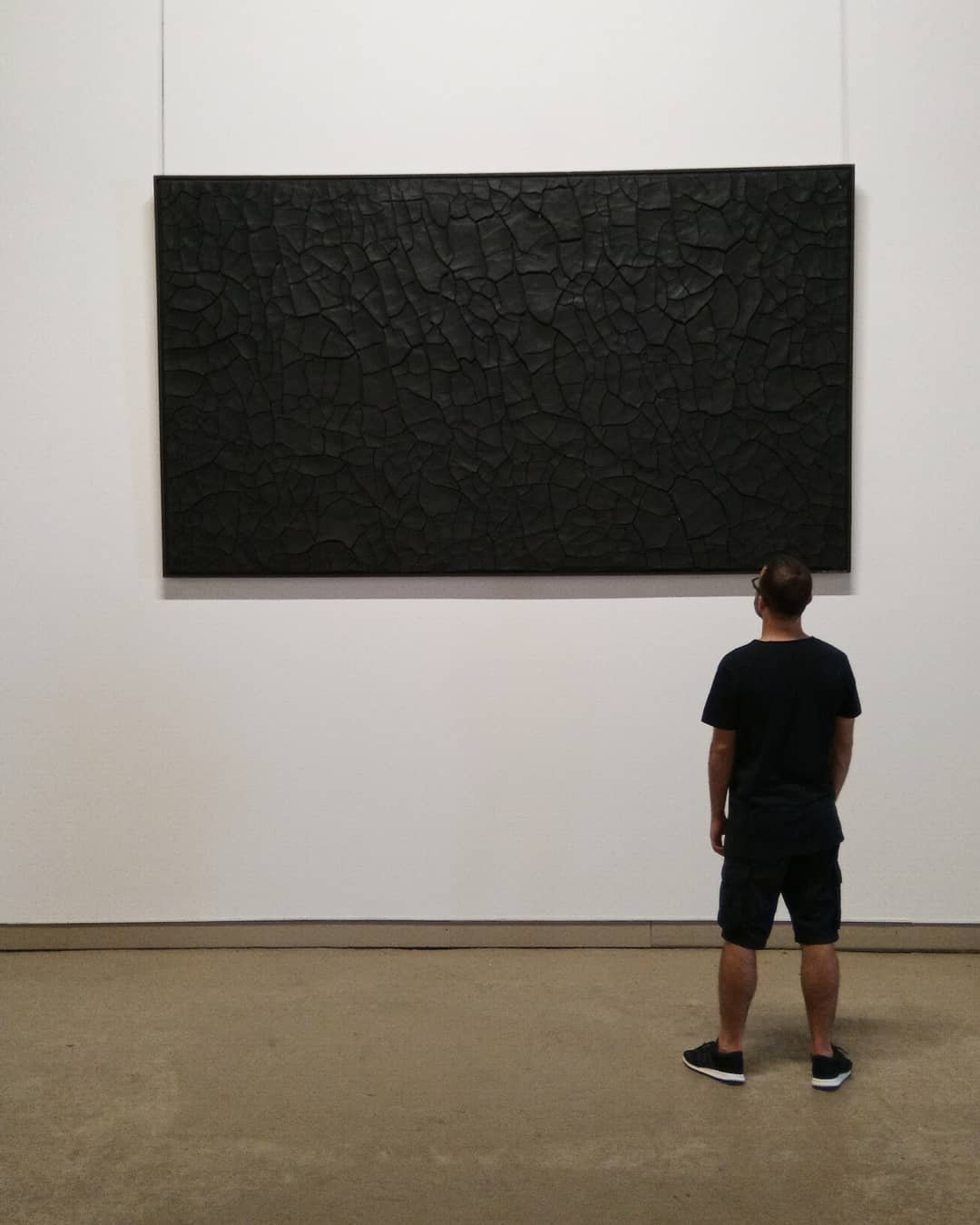
The digital era has profoundly altered the landscape of music consumption and distribution. How do you manage the challenges and opportunities posed by streaming platforms, social media, and online communities to connect with your audience and sustain a meaningful presence?
To begin, I must admit to having a decent collection of books and vinyl at home. While I utilize streaming platforms, I still appreciate the tangible sensation of physical possession, considering the historical context that might accompany an old book or record.
Navigating social media is a challenge for me. I feel ill-suited for a particular style of communication, and given the time constraints we discussed earlier, when I’m on the computer, I prefer crafting music over dedicating time to self-promotion. I am well aware that this choice might seem somewhat anachronistic.
The techno industry has undergone substantial growth and transformation over the years. From your viewpoint, how has the industry evolved, and what are some positive or negative aspects you’ve observed throughout your journey as an artist?
The industry has evolved in tandem with my own evolution. It was unrealistic to anticipate that everything would remain as it was when I was 20 and everything appeared perfect.
Technological advancements have undeniably yielded benefits in terms of music accessibility and the ease of acquiring the tools to create it. However, this acceleration is also rendering everything much faster and almost disposable.
Who are your current electronic music influences, and are there any new artists that you find particularly exciting?
I’ve consistently been fascinated by Richie Hawtin, and it was truly an honor to have my music featured during the closing of this year’s Time Warp. I believe he consistently stays ahead, even when a moment of reflection is needed.
Additionally, I’ve maintained a connection with Fabio Florido for years—a genuinely unique individual with whom I share numerous perspectives on life and events (aside from the countless demos we exchange).
While I have several friends in the scene, both Italian and from various parts of the world, I prefer not to mention names to avoid leaving anyone out. Nevertheless, I always admire the passion and commitment each of them brings to their creative endeavors.
Having been part of the electronic music scene for a considerable time, what advice would you offer to emerging producers who are just embarking on their careers?
Firstly, they must harbor a genuine passion for their craft. Alongside passion, the willingness to make inherent sacrifices is crucial, as it naturally accompanies those driven by passion.
There’s a wealth of lessons to absorb, including the ability to embrace non-answers or negative feedback.
Furthermore, for anyone aspiring to be recognized as an artist, engaging with art in all its diverse forms is essential. Inspiration can spring from anything—a book, a record, a statue, or even a flowing river.
How do you envision the evolution of your personal sound in the future? Furthermore, what are your aspirations and goals as a music producer and DJ moving forward?
I allow myself to be swept away by moments and inspirations; the key is to be attuned to the signals.
Naturally, I will persist in my studies to continually enhance my skills.
As a hint, my recent productions leaned toward fast ambient techno, but currently, I sense a more minimalist inclination emerging. Let’s see where it takes me.
Are there any upcoming projects or collaborations that you’re enthusiastic about and would like to share with your fans and the audience?
I don’t have much to reveal at the moment, except that after a prolonged period of inactivity, I’ve rediscovered the passion to create music. I have numerous unreleased releases ready to see the light of day. We’ll see what the future holds for me…
